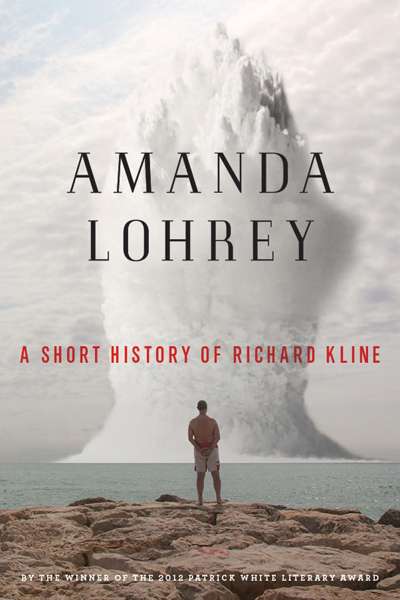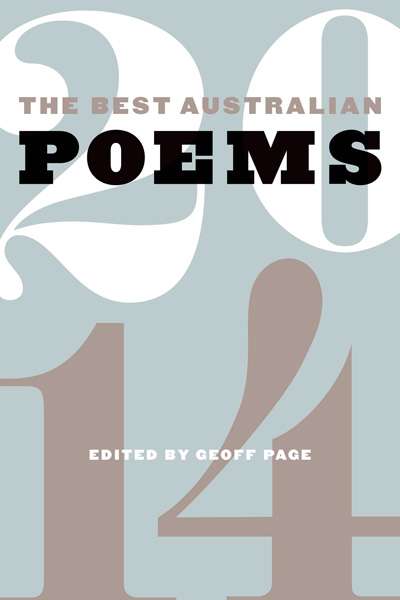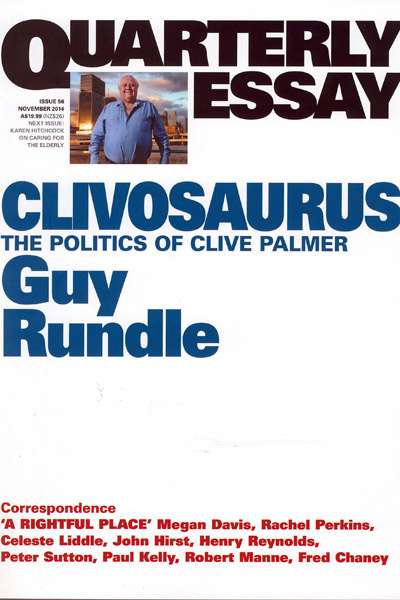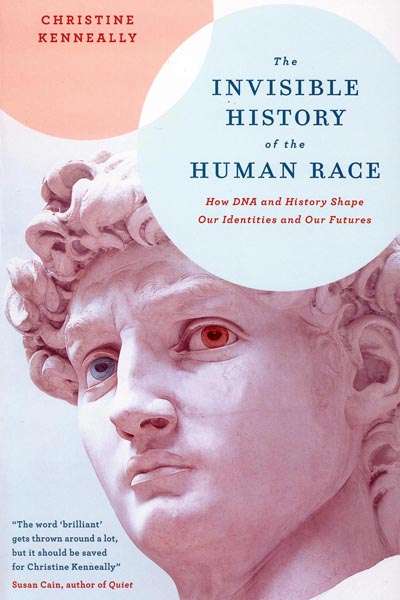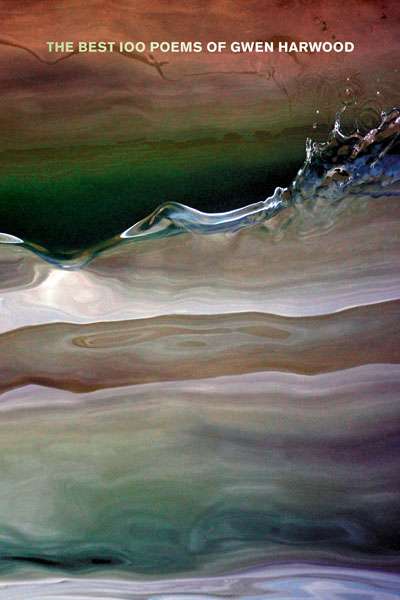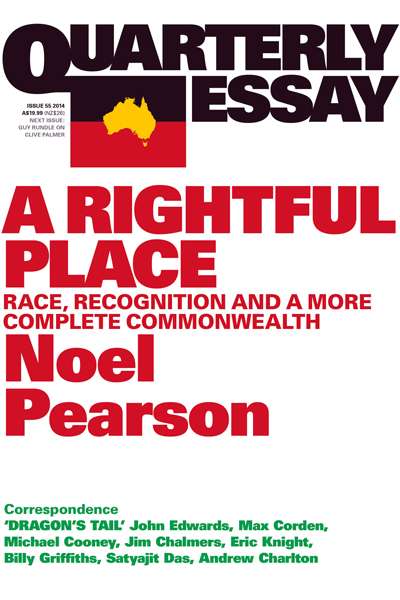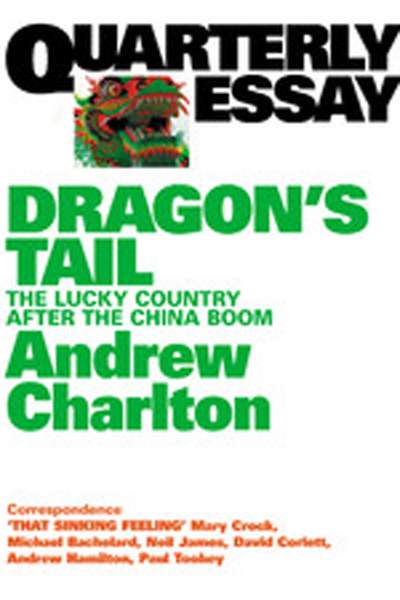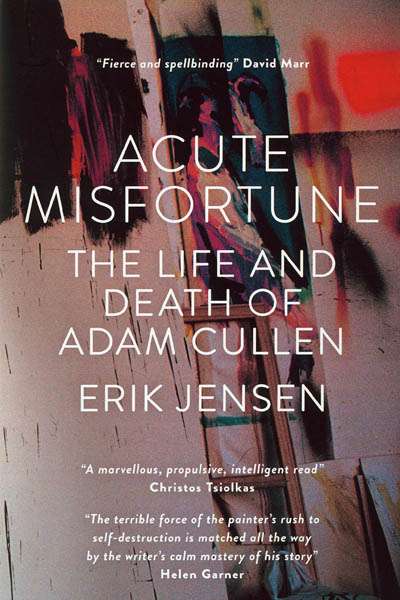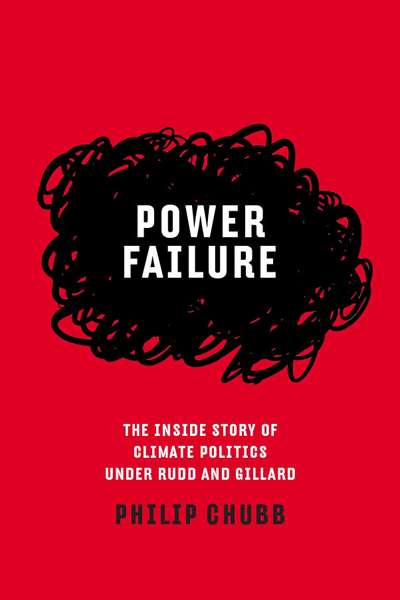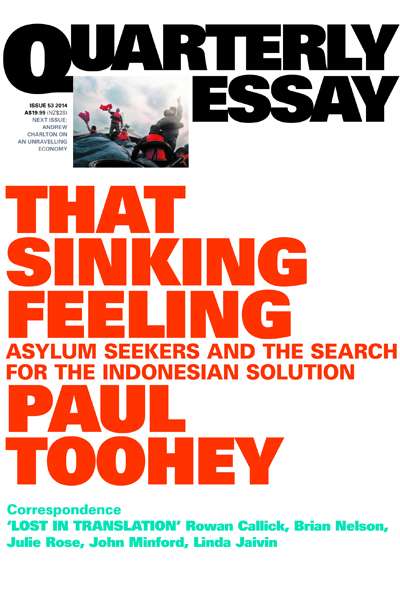Black Inc
The Best Australian Poems 2014 edited by Geoff Page
by Jennifer Strauss •
Clivosaurus: The politics of Clive Palmer (Quarterly Essay 56) by Guy Rundle
by Shane Carmody •
The Invisible History of the Human Race: How DNA and history shape our identities and our futures by Christine Kenneally
by Miriam Cosic •
The Best 100 Poems of Gwen Harwood by Gwen Harwood, edited by John Harwood
by Ann-Marie Priest •
A Rightful Place: Race, Recognition And A More Complete Commonwealth (Quarterly Essay 55) by Noel Pearson
by Jon Altman •
Dragon’s Tail: The Lucky Country after the China boom (Quarterly Essay 54) by Andrew Charlton
by Kerry Brown •
Acute Misfortune: The life and death of Adam Cullen by Erik Jensen
by Peter Rose •

